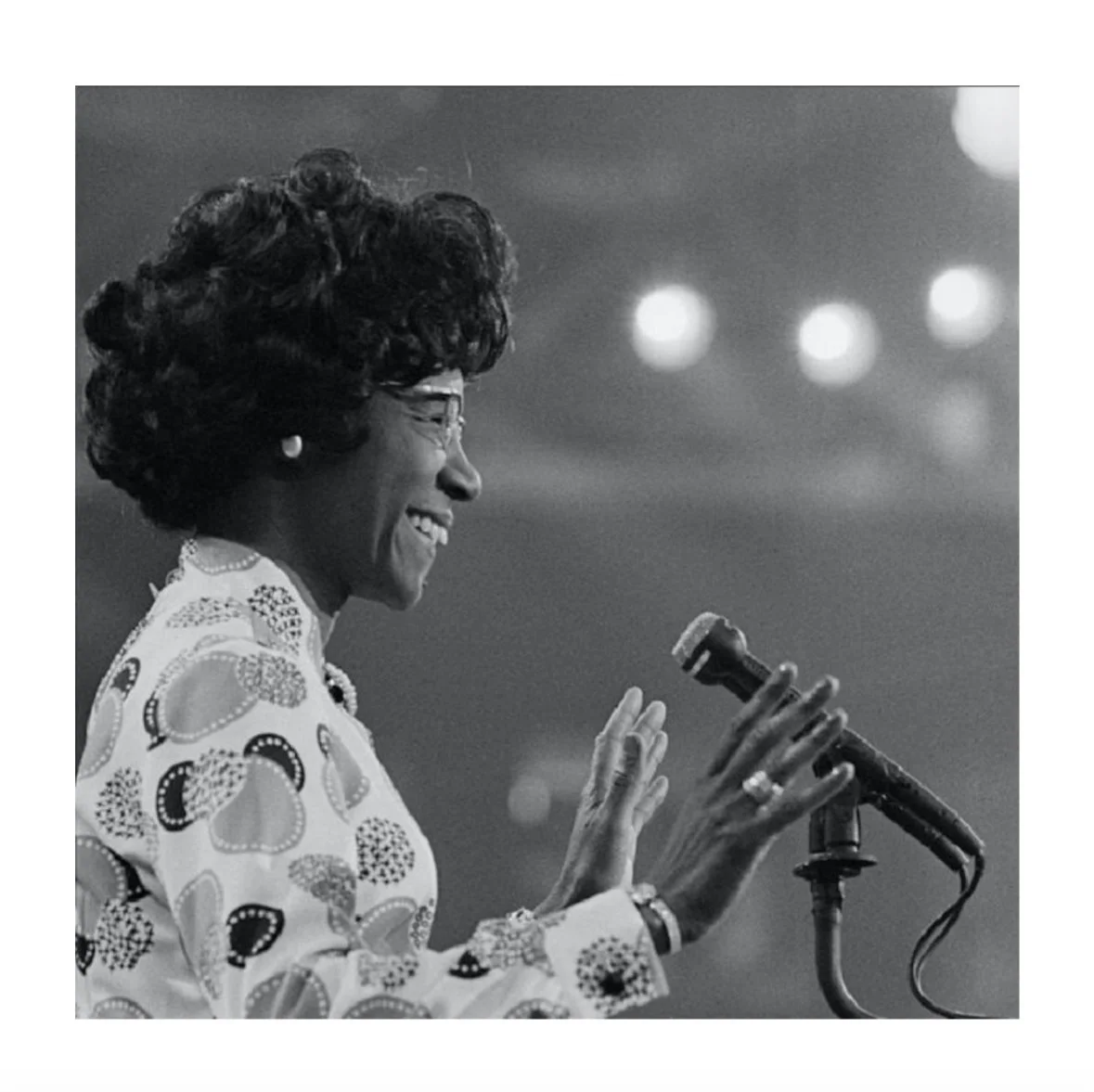Women’s History Month
In 1980, President Jimmy Carter proclaimed the week of March 8 as National Women's History Week, calling on all Americans to join in. Carter highlighted the frequent oversight of women's accomplishments, noting that their contributions were sometimes overlooked and their efforts unsung. He emphasized that the vitality of the achievements, leadership, courage, strength, and love exhibited by the women who played a pivotal role in building America was equal to that of the more well-known male figures.
As we progress through the month of March, especially delving deeper into our curriculum with an Underground theme, let's take a moment to remember and honor the often marginalized and forgotten voices of women in history who have significantly influenced our present lives.
You can learn more here:
National Women's Alliance
Highlighting Shirley Chisholm in light of a Presidential Election Year
In announcing her bid, Chisholm said, "I am not the candidate of Black America, although I am Black and proud. I am not the candidate of the women's movement of this country, although I am a woman and I am equally proud of that. I am the candidate of the people, and my presence before you now symbolizes a new era in American political history."
In 1972, Rep. Shirley Chisholm, a trailblazing figure as the first Black woman elected to the United States Congress, made a significant visit to Alabama Governor George Wallace. Wallace, known for his controversial support of racial segregation, was recovering from an assassination attempt on June 8, 1972. Notably, both Chisholm and Wallace were vying for the Democratic Party's nomination for president at that time.
While Wallace had gained national attention for his segregationist stance since 1963, Chisholm's unexpected visit to Holy Cross Hospital in Silver Spring held profound importance. Lasting around fifteen minutes, she expressed to Wallace, “I wouldn’t want what happened to you to happen to anyone.” The governor, despite their political differences, responded by shedding tears.
Two years later, George Wallace threw his support behind Chisholm’s legislative effort to secure the rights of domestic workers to a minimum wage. Chisholm's bill garnered enough backing from Southern Democrats, marking a significant achievement in the fight for fair labor practices. This episode emphasizes not only Chisholm's compassion and strength but also her ability to bring about positive change, even in the face of political opposition.


